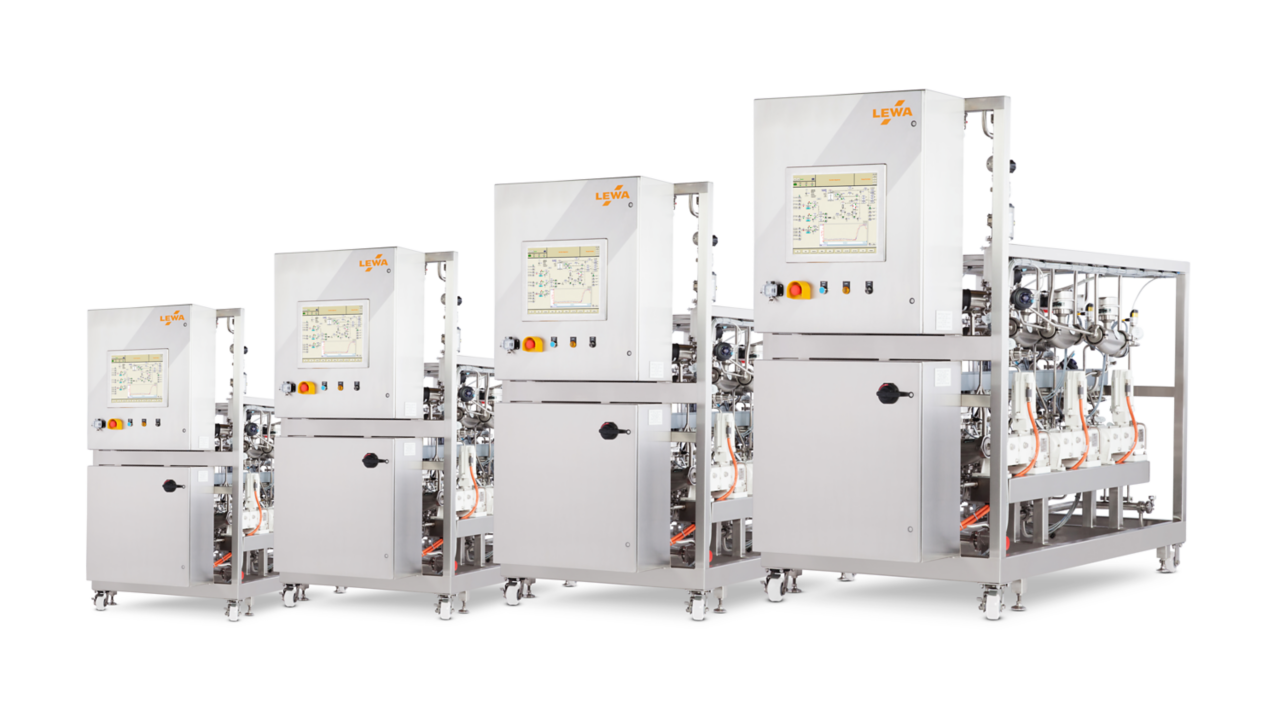Pumping Up Productivity
In an industry where products are largely customized to the individual biopharmaceutical manufacturer, LEWA has standardized control on nearly 75 percent of their LPLC skids. This familiarity provides consistency to end users in operation and reporting, and helps the LEWA engineers increase their productivity.
“Since standardizing on the Rockwell Automation control and information system, LEWA has met demand for the LPLC skids without adding to our resources or personnel,” said Gach. “Had we continued to pick and choose different platforms, the additional costs would limit our ability to meet our customers’ needs.”
Familiarity with the platform and reduced development time have helped LEWA enter new markets faster than before. With a single source for control and information system support, engineers can focus on designing skids for unique customer requests and innovating new products.
The integrated systems in the LPLC skids also met LEWA’s competitive price requirement. Working with a single technology provider has helped minimize financial impacts.
LEWA is now evaluating opportunities to extend the standardized system to their full lineup of products. By applying their engineers wisely, they are anticipating a reduction of design time across the company.
The results mentioned above are specific to LEWA’s use of Rockwell Automation products and services in conjunction with other products. Specific results may vary for other customers.
Allen-Bradley, ControlLogix, FactoryTalk, Integrated Architecture, Kinetix, PanelView, Rockwell Software, Studio 5000 and VantagePoint are trademarks of Rockwell Automation Inc.
EcoPrime is a trademark of LEWA.

